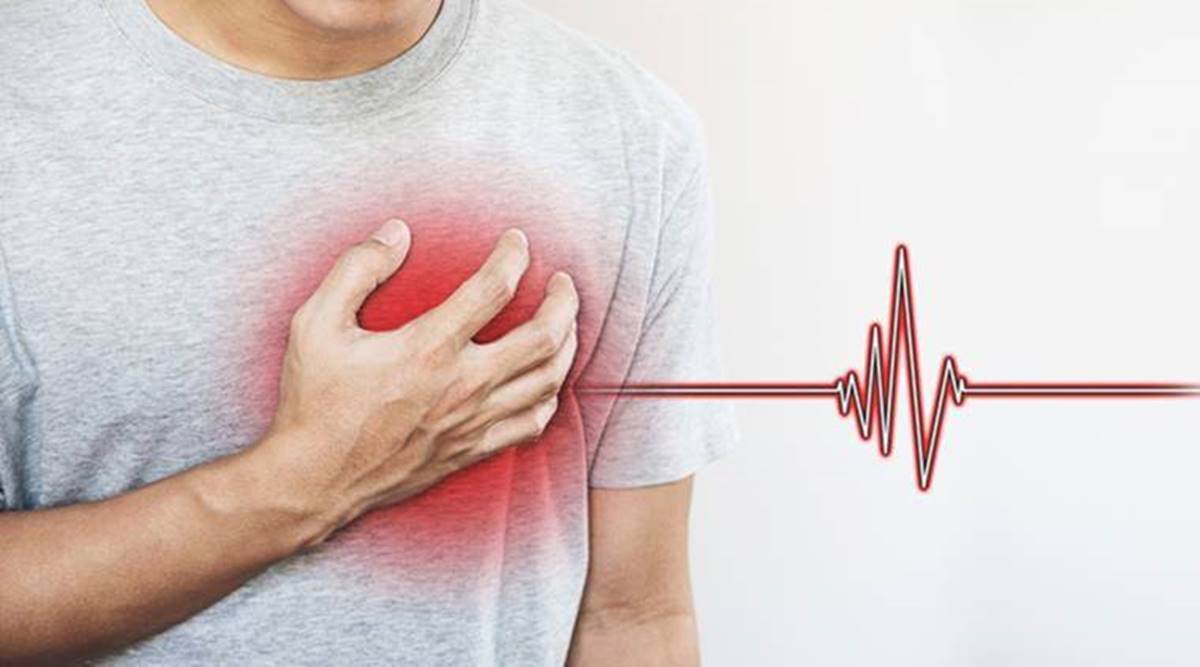Heart disease is one of the top killers in America and most so in New York. While various factors can cause it, treating cardiovascular disease is critical to preventing serious health complications. If you or someone you love is struggling with heart problems, it’s essential to understand the different treatment options available. Schedule an appointment with Dr. Latha Thanneer in New York. This guide will provide an overview of the most common treatments for cardiovascular disease, as well as some tips on how to make the most of your treatment plan.
What Causes Cardiovascular Diseases?
What exactly causes cardiovascular disease? Failing to address this issue can make it more challenging to prevent and treat heart disease. It’s important to understand that every person with heart problems is unique, and the cause of their heart condition may be different from other individuals. In general, though, a few leading factors contribute to most cardiovascular diseases.
The leading causes of cardiovascular disease are high blood pressure, high cholesterol, and smoking. In some cases, a family history of heart problems can also develop these conditions. Other factors contributing to increased risk for cardiovascular problems include diabetes and obesity.
Types of Cardiovascular Disease
Treatments for heart problems vary depending on the type of cardiovascular disease a person struggles with. Two of the most common types of cardiovascular problems include heart failure and coronary artery disease.
Heart failure occurs when your heart can’t pump enough blood to meet the body’s needs, while coronary artery disease occurs when your arteries become blocked, preventing oxygen-rich blood from reaching your heart.
Cardiovascular disease is also sometimes referred to as “heart disease,” making it difficult to distinguish between the different types of conditions. No matter what you call it, it’s essential to get treatment for your cardiovascular problem as soon as possible to prevent further complications.
Symptoms of Cardiovascular Disease
The symptoms of cardiovascular disease typically appear gradually, which can make it difficult to detect the condition in its early stages. Some of the common symptoms of cardiovascular disease include:
- Shortness of breath
- Dizziness and fainting
- Pain or tightness in your chest
- Swollen ankles or feet
If you’re experiencing any of these symptoms, your heart isn’t getting sufficient blood flow to meet its needs. Speaking with a doctor is the best way to learn more about what you can do to treat your condition.
Proactive Ways of Dealing with Cardiovascular Diseases
Treatment plans for the cardiovascular disease vary depending on several factors, including the condition causing heart problems and the patient’s overall health. While some treatments may work better than others, these essential tips can help you get started with your treatment plan:
- Get regular check-ups. Visiting a doctor regularly is one of the simplest ways to ensure you’re not struggling with cardiovascular disease. Once detected, your doctor can help devise a plan that makes the most of your treatment options.
- Embrace lifestyle changes. While some treatments for heart conditions involve surgery or medications, adopting healthier habits can go a long way toward preventing further complications. Increased risk factors often cause heart problems, so learning to avoid them is a great place to start.
Cardiovascular disease is a severe issue that can have debilitating effects on your life. Luckily, there are treatments available to help you manage the condition. This guide has provided an overview of some standard treatment options for cardiovascular diseases and how to make them work best for you based on what’s causing your heart problems in the first place.





